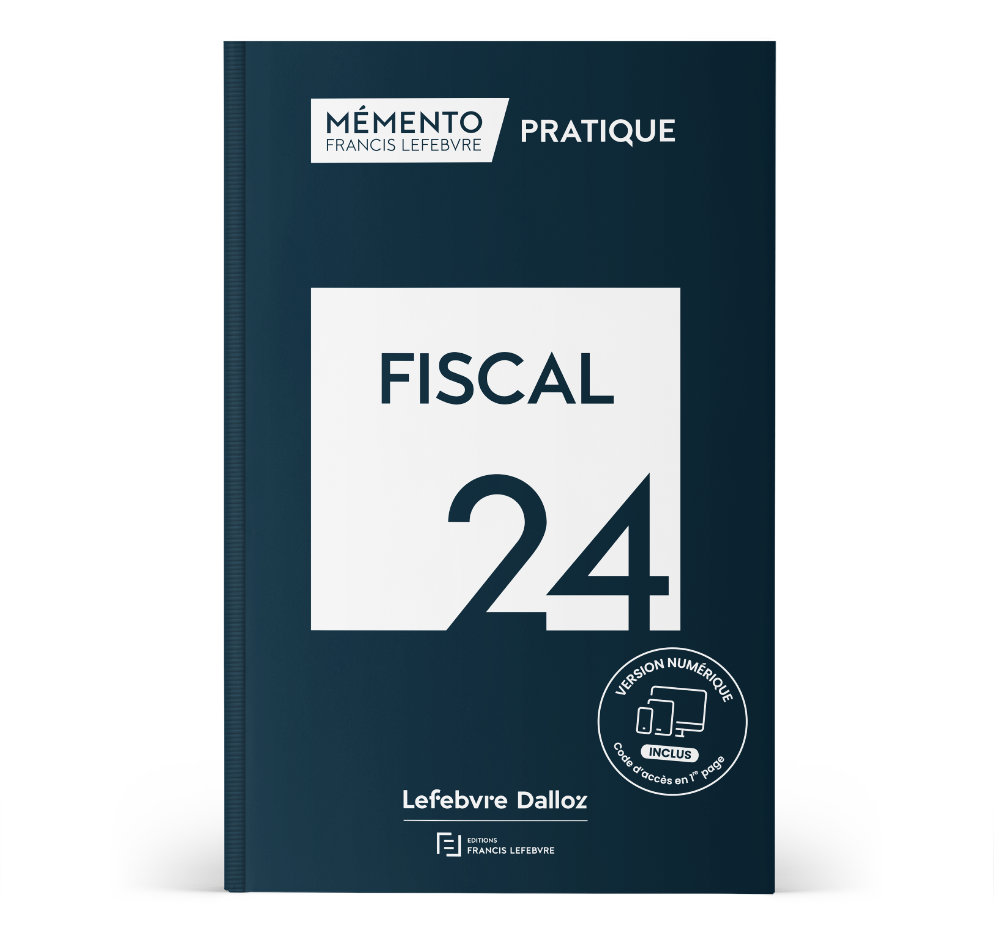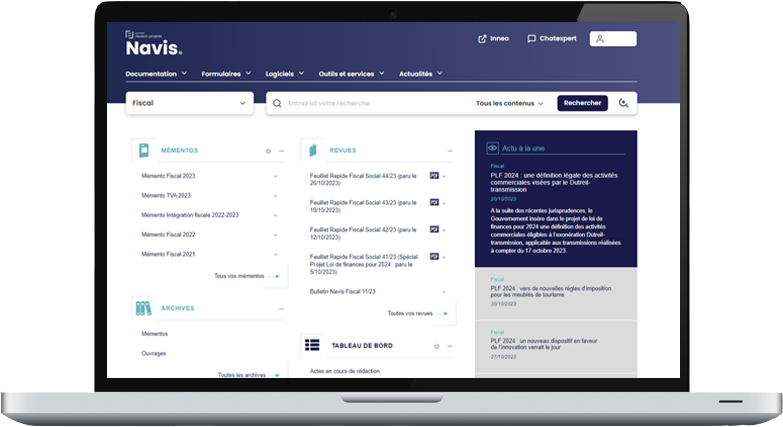The EU Council has formally adopted the fifth anti-money-laundering directive, which will require EU member states to keep public beneficial ownership registers for legal entities and increase transparency on trusts.
The directive was adopted without discussion during a May 14 meeting of the General Affairs Council, following an agreement with the European Parliament in December and approval of the agreed-on text April 19. The new directive amends the fourth anti-money-laundering directive (2015/849/EU) and partly responds to the Panama Papers exposé.
That investigation, carried out by the International Consortium of Investigative Journalists, examined leaked documents from Panamanian law firm Mossack Fonseca to shed light on how the firm helped clients set up opaque structures to hide offshore assets from tax and other authorities.
Under the directive, beneficial ownership registers of EU companies will be available to the public, while beneficial ownership registers of trusts and similar legal arrangements will be available to persons who can demonstrate “legitimate interest.” Beneficial registers of trusts will also be accessible without restriction to competent authorities, financial intelligence units, and professionals subject to anti-moneylaundering rules, such as banks and lawyers.
The national beneficial ownership registers will be interconnected to enhance cooperation and exchange of information between member states. Member states will also be required to establish mechanisms to verify beneficial ownership details to ensure the registers hold accurate and reliable data.
The directive will also be extended to persons providing services similar to those provided by auditors, accountants, and tax advisers who are already subject to the fourth anti-moneylaundering directive.
Once the fifth anti-money-laundering directive is published, member states will have 18 months to transpose the new rules into their domestic legislation.
The directive’s adoption comes amid renewed interest in public beneficial ownership registers of company information following the U.K. House of Commons’ decision to approve amendments to its Sanctions and Anti-Money Laundering Bill that will require all 14 British overseas territories to set up such registers by December 31, 2020.
By Stephanie SOONG JOHNSTON
Cette information est extraite de notre service d'actualité taxnotes







